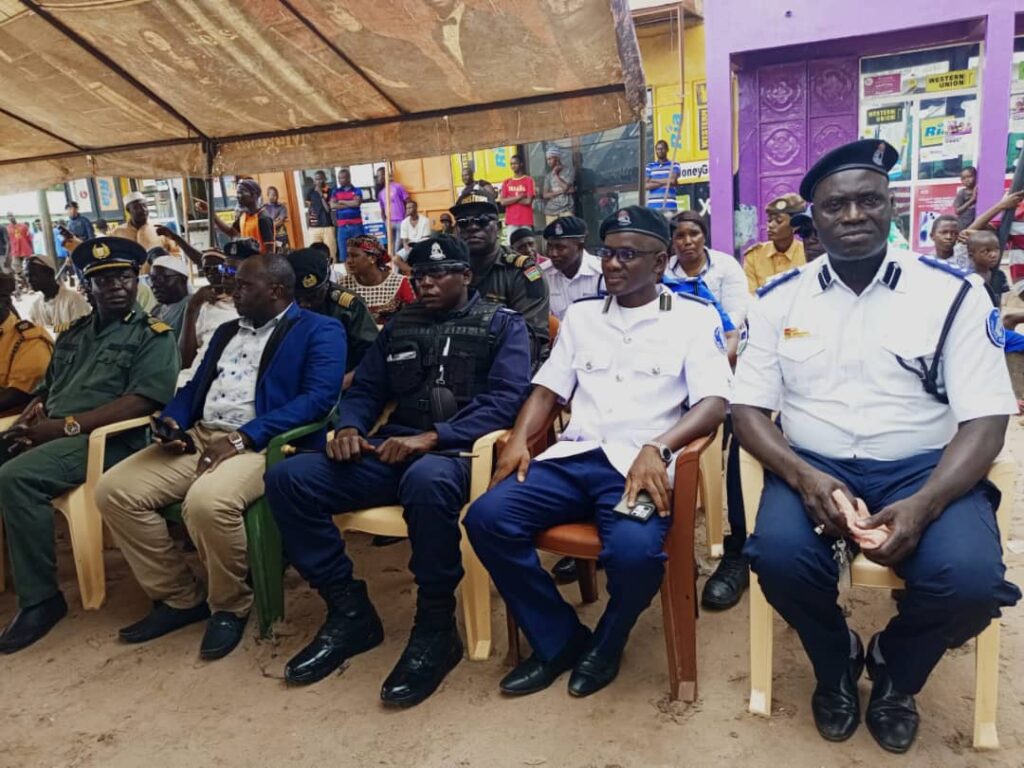By Gloria Ikibah
Border officials have emphasized that ensuring national security takes precedence over enforcing the ECOWAS free movement protocols.
This was the position during a joint committee session with security personnel at the Karang-Amdalai border (between Gambia and Senegal) in TheGambia.
Naijablitznews.com reports that the session aimed to address challenges affecting the smooth implementation of these protocols.
Recall that the joint committee earlier held a town hall meeting in The Gambia, where citizens, including trade and transport unions, market vendors, and ECOWAS members, reported issues of extortion and denial of entry at the borders
The Special Commissioner of Police at Karang (Senegal), underscored that “security is the top priority for each of our countries.”
He said: “There are many allegations and complaints but we try to address them.
“Ideally, you need to listen to the security officials to avoid making laws that will not benefit the people.
“All the security officials at the borders have just one target, which is security of people and property”.
According to Diasse, the border police respects the ECOWAS protocols, even as he assured that citizen of the community with a valid national identity card or international passport could move freely across the border as long as he or she doesn’t pose any security threats to Senegal.
“If you assess all the borders in the region, you will realize that this is the border where free movement is fully implemented,” the Special Commissioner added.
Also, in his submission, Head of Customs Senegal at the Karang border, Colonel Yaya Moussa Thiem, denied accusations of extortion, and said, “in Senegal, whatever you pay, you will receive a receipt.”
He alleged that most business people do not have documents to show that the goods they are transporting originated within the ECOWAS community.
He said those who have their complete documents were always allowed to cross the border freely.
Customs Manager, Trade Facilitation and International cooperation, The Gambia, Omar Bojang, said that only those who have their business registered enjoyed the free movement protocols benefits.
He decried that most women complaining of difficulty in moving their goods across the borders are into informal businesses.
Bojang also said informal business people are not covered by the ECOWAS free movement protocols.
He called on member states to mainstream the informal business people, and charged ECOWAS to amend the protocols to capture the informal business people.
On his part, Commissioner of Police at the Amdalai border of The Gambia, Juldeh Camara, urged the ECOWAS to establish a monitoring team at the borders to enforce its free movement protocols.
“If the border monitors are there and are genuine, most of these Juldeh Camara will stop.
“If it (non-implementation of free movement protocols) is happening, those causing it will stop,” he said.
He added that feedbacks would help in improving the implementation of the protocols.

